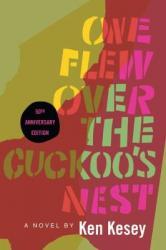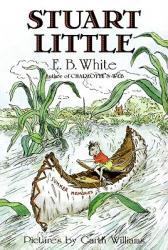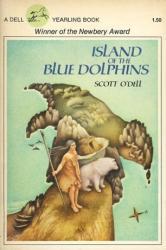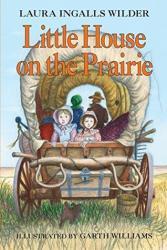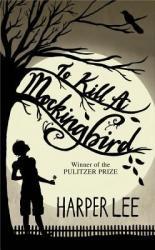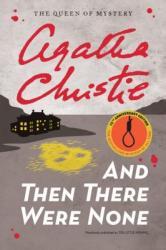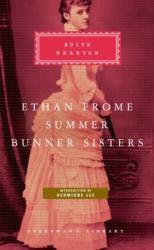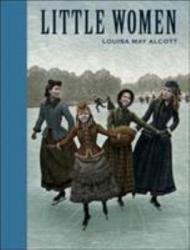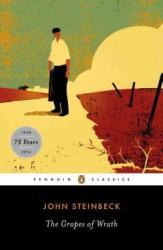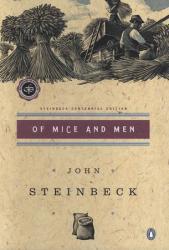Book Review: One Flew Over The Cuckoo's Nest
As one of the few films in American history to win the “big 5” Academy
Awards (which are Best Picture, Director, Actor, Actress, and Screenplay), I
was interested in the book that helped One Flew Over the Cuckoo’s Nest
attain its award-worthy status. I figured that if such a book could provide
such great content to win awards as a movie, it would certainly have artistic
merit in its own right. After all, many people posit that a book is better
than the movie it is made out of. I wanted to make sure that, at the very
least, it wasn’t any worse than the movie.
Perhaps the largest difference between the two versions of this story (I’m
not going to go into the live-theatre version, since I haven’t seen it), is
that the book has a very interesting narrator in the character of “Chief”
Bromden, whereas the film merely uses the camera to tell the story. Because
we get a glimpse into the mind of the deaf mute giant, he becomes not only a
subjective observer of the situation around him but also a vivid example of
what mental illness feels like. Instead of just focusing on the ways Randle
McMurphy bucks the stringent hospital system, we also get a sense of how
reality is filtered through a disabled mind.
As is usually the case with movie versions, I noticed a lot more content and
characters in the book version because it was likely these extraneous
elements were removed from the film for content and run-time issues. Still, I
wonder if the film would have had more of an impact on educating audiences
about mental illness if it included some of the Chief’s unique
observations. Either way, both the film and the book are excellent pieces of
art, even if it may be a little difficult to swallow at times that these
mental hospital practices have only recently been changed for the better.
An excellent book that spawned an excellent movie, I give One Flew Over the
Cuckoo’s Nest 4.5 stars out of 5.



